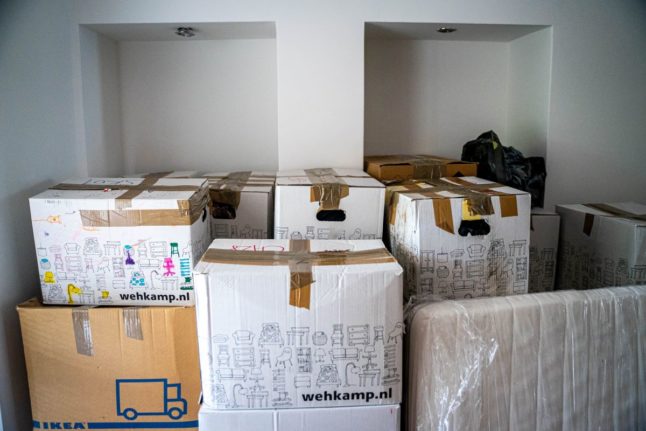The survey published on Wednesday by international online job board StepStone showed that some 600,000 skilled British workers are estimated to be planning to move their careers to another EU country.
And Germany was by far the top choice of where to go with 44 percent of respondents listing the Bundesrepublik as their goal.
The next top choice was France, followed by Spain, the Netherlands and Ireland.
“One-third of highly skilled British workers can imagine themselves continuing their careers in another EU country, 600,000 are already concretely planning how to change their jobs,” said StepStone Germany’s director Dr. Sebastian Dettmers in a statement.
“Therefore Brexit has the potential to relieve the shortage of skilled workers in Germany. Businesses in Germany can profit from immigration and a strengthening of locations.”
StepStone surveyed 40,000 workers in the UK, Ireland and Germany to find out how people were feeling after Britain voted to leave the EU.
The report noted that German expats working in the UK were especially looking to move back to their homeland with more than half saying that they could imagine hopping off the island for work, while nearly 40 percent were already working on transferring their job elsewhere.
Other job-hunting sites told The Local that in the wake of the Brexit vote, they saw an uptick in UK residents searching for jobs, especially in Germany.
Berlin-based Jobspotting previously reported that the site saw four times as much traffic from Great Britain in June than it had in May.
XpatJobs.com also told The Local that their site saw a 30 percent increase in UK applicants to jobs in Europe in the week right after the referendum, and a 71 percent increase in UK users applying for jobs in Germany over the past week.
But the website also reported that after the vote there was a more than 40 percent increase in people from other EU states looking to get jobs in the UK.
“We assume these are all people trying to get a job before Article 50 is triggered or Brexit is confirmed,” said XpatJobs.com Director Rhys Maddocks.
Bracing for Brexit
Many Brits in the StepStone survey said that they assume their careers will be more harmed than helped by Brexit.
About half of those surveyed said that an exit from the EU would have a negative impact on their homeland’s economy. Respondents in Northern Ireland were particularly pessimistic, with 60 percent predicting a blow to the economy, compared to 52 percent of Scottish people.
One-third believed that their own employers would in the future be less successful. Four in ten expected that their prospects for jobs in the future would get worse and 34 percent said that their own salaries would take a hit because of Brexit.
“Human resources directors in Germany should take advantage of the increased willingness of British workers to change jobs to target candidates,” Dettmers said.
“Now more than ever is the time to post job advertisements in English as well and to direct our market-leading job boards towards the UK and Northern Ireland.”



 Please whitelist us to continue reading.
Please whitelist us to continue reading.
Member comments